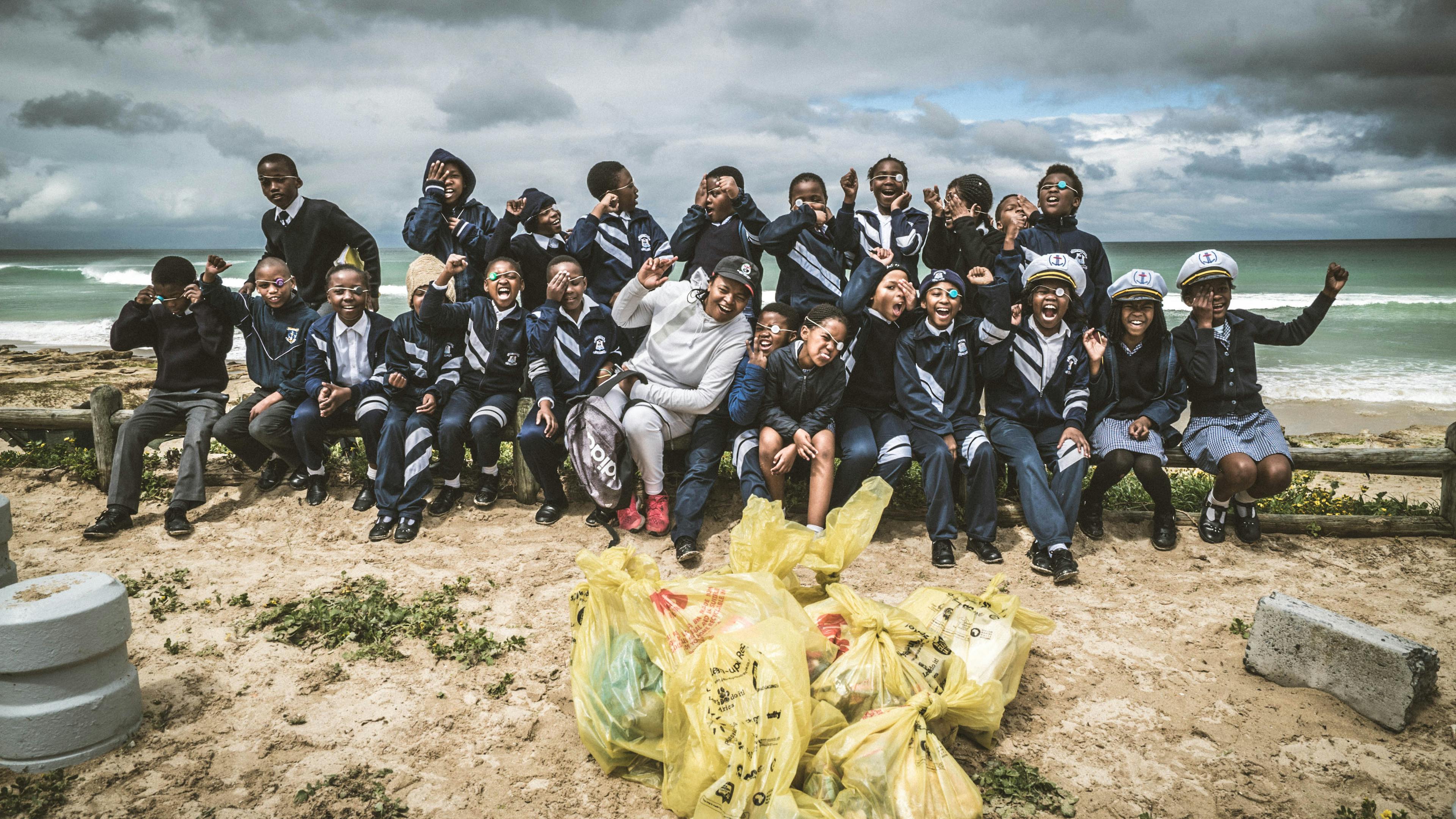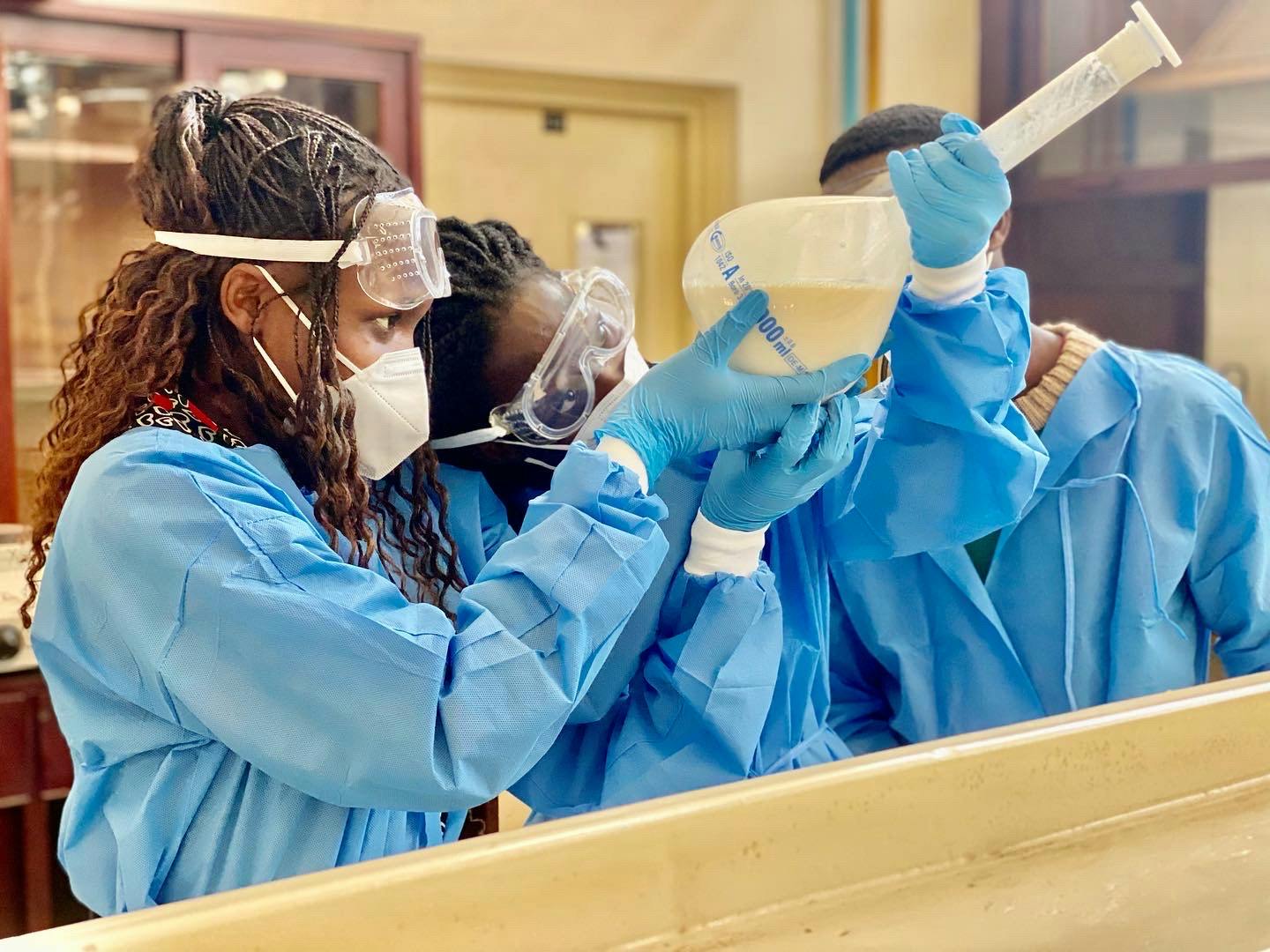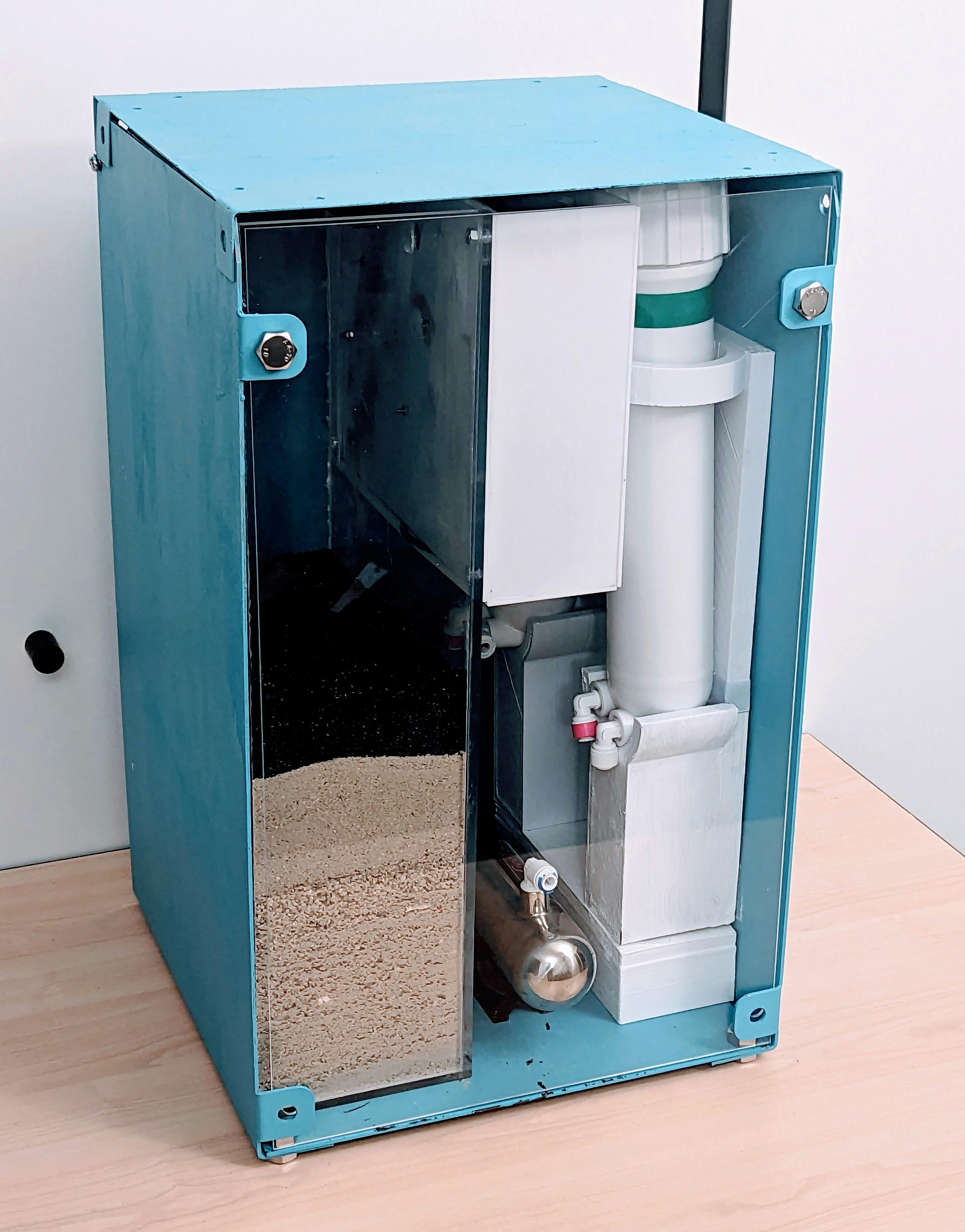
The Good News, August Edition
Home
Stories
The Good News, August Edition
Young people bring the energy! They also bring the tech smarts and fresh ideas that align with UNICEF’s social development goals. And this is something we take very seriously as a global child and youth charity. After all, supporting the ambitions of youth who could change the world for other young people and kids, makes our work come full circle.
So here are some interesting facts… 1. Today, the world has 3.8 billion people under 30. 2. This is the largest age group in history. 3. Young entreprenuers who’ve developed their innovation and products in their 20's, have enterprises that are primed for success in their 30's.
Climate action led by youth
One of our recent initiatives, Innovation 30, is where we’re amplifying young entreprenuers in the climate action space. UNICEF together with a collective of leading global accelerators have joined forces to launch the Innovation30 – Young Climate Innovators Shaping the Future. The initiative focuses on transformative solutions to climate change and places the global diversity of young innovators center stage as stakeholders, technical experts, and designers driving our climate solutions. Investing in their ideas means investing in a climate-resilient future for all.
Here are a few of them and their initiatives that we’re so excited about!

Captain Fanplastic
Started by Ruben Hazelzet, Captain Fanplastic is exactly what it sounds like… a fun and engaging way for kids to learn about the impact of plastic and waste on the environment. The environmental literacy programme uses storytelling, gamification, technology and action to bring to life the UN’s social development goals: 4 (Quality Education), 6 (Clean Water & Sanitation), 11 (Sustainable Cities & Communities), 12 (Responsible Consumption & Production), 13 (Climate Action) and 14 (Life Below Water).
The programme is not just about beach and public space cleanups, but is also a holistic approach that has a full curriculum, story and audio books, as well as facilitators to deliver the teachings. The main message being the possibilities of the "five R’s": refuse, reduce, reuse, repurpose, and recycle- and their application in a real-world, creative and memorable way. Schools also adopt waste management systems, enabling children to practice responsible waste disposal daily.
Launched in South Africa, Captain Fanplastic has expanded across 11 countries, spanning Africa, Asia, and Europe. It’s enrolled over 25,000 learners into the programme and removed over 20,000kg’s of litter. Pretty fantastic!
"If I ask a child to clean up a beach, he might refuse," Ruben jokes, "But if I create a story, make it exciting, and I involve pirates, it suddenly becomes an adventure.” Ruben Hazelzet

Karpolax
Growing up in Uganda with family-ties to the agriculture and farming industries, Samuel Muyinta, 26, saw the crippling effects of food wastage on farmers due to weather and transportation challenges. So in 2018 he had an idea… what if he could come up with a solution to extend the shelf life of fresh produce, so that children and their families can have much longer access to nutritious fruits even in the face of climate change? Shortly after, he came up with the patented nanotechnology, Karpolax, which is transforming Uganda’s agriculture sector.
Karpolax are tea bag-sized sachets that inhibit the enzymes that cause fruit to spoil. A mango, for example, will only last five days post-harvest but by placing a Karpolax sachet in a box of harvested mangoes, families can keep the fruits fresh for up to 30 days without putting them in a fridge.
Today, the Karpolax team works with 100 local farmers, 20 exporters, and 250 local market vendors. It has prevented 1 million tonnes of fruits from spoiling and enabled over 250,000 people to access fruits and vegetables in a year.
And Samuel is just getting started… His ambitions are to expand beyond fruits and envisions a world where Karpolax combats malnutrition, reduces food waste, opens doors to new markets and uplifts farmers.
"Think of what can drive people out of poverty, what can make the environment much safer... with that, you'll be able to change the world,” Samuel Muyinta.

Cycleau
23-year-old Noemi Florea makes an interesting case… that the most worthwhile solutions to the climate crisis, might just be under our sinks! Her innovative household wastewater system, Cycleau, if scaled up could conserve a trillion gallons of water, significantly improving water management and local ecosystems. And what’s more, by getting rid of the need for bottled water, the environmental burden of waste is drastically reduced.
Whilst converting grey water to drinkable water is nothing new, the difference with Cycleau is its small size and its ability to retrofit into remote schools, healthcare facilities and homes. It also comes at an affordable cost of under $350 per unit, is easy to install and is very low maintenance compared to regular grey water installations. This system cleverly recycles 20% of its grey water into potable water and minimizes the discharge of untreated wastewater. Utilizing a four-staged filtration system composed of drainage gravel, activated carbon, fine sand and UV disinfection, the system efficiently destroys contaminants and pathogens to ensure that what flows out is as pure as it gets.
"Look around your own community and think about how water scarcity, waste, and energy pollution are reflected, and start by taking local action," Naomi Florea
Read more about the Innovation30 initiative and get inspired by the young folks UNICEF is supporting... The hustlers, the innovators and the game changers!